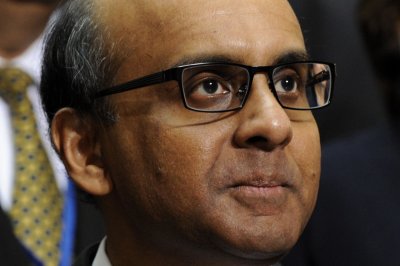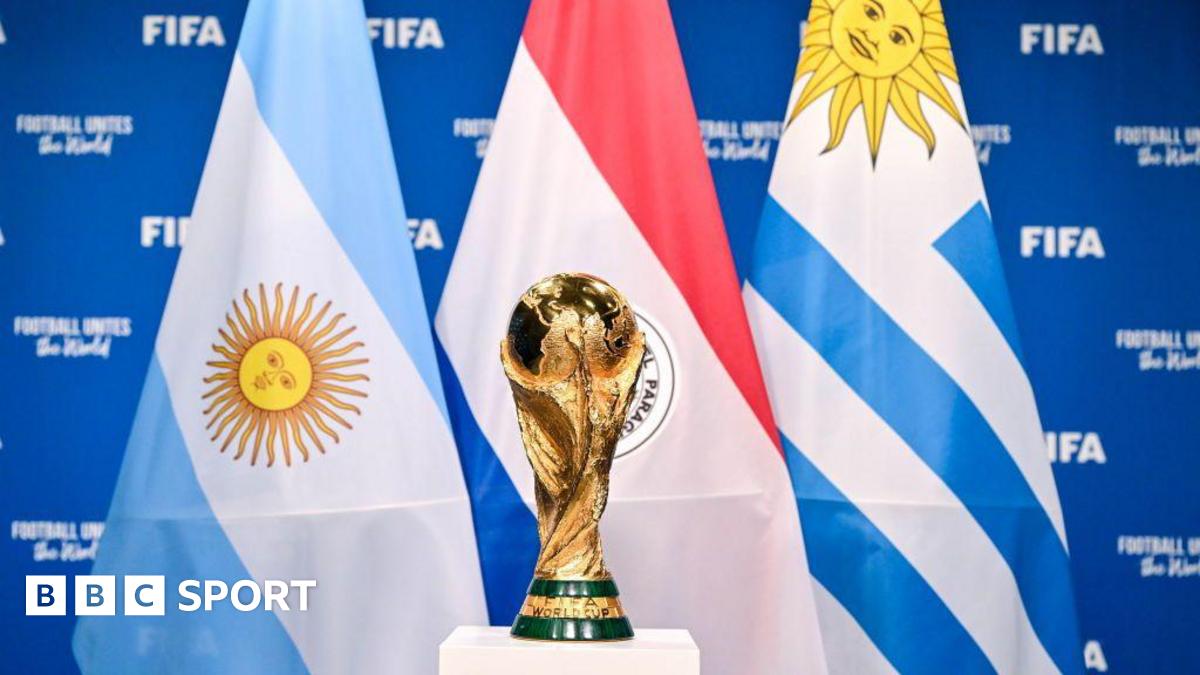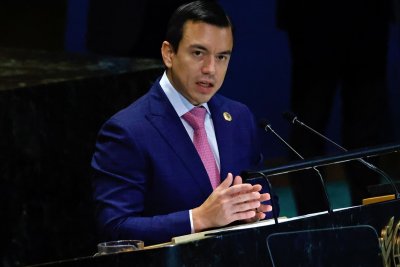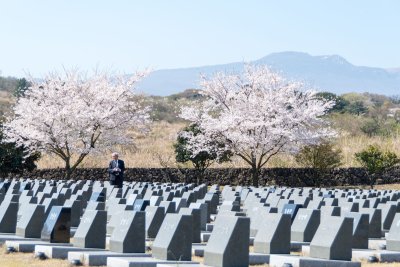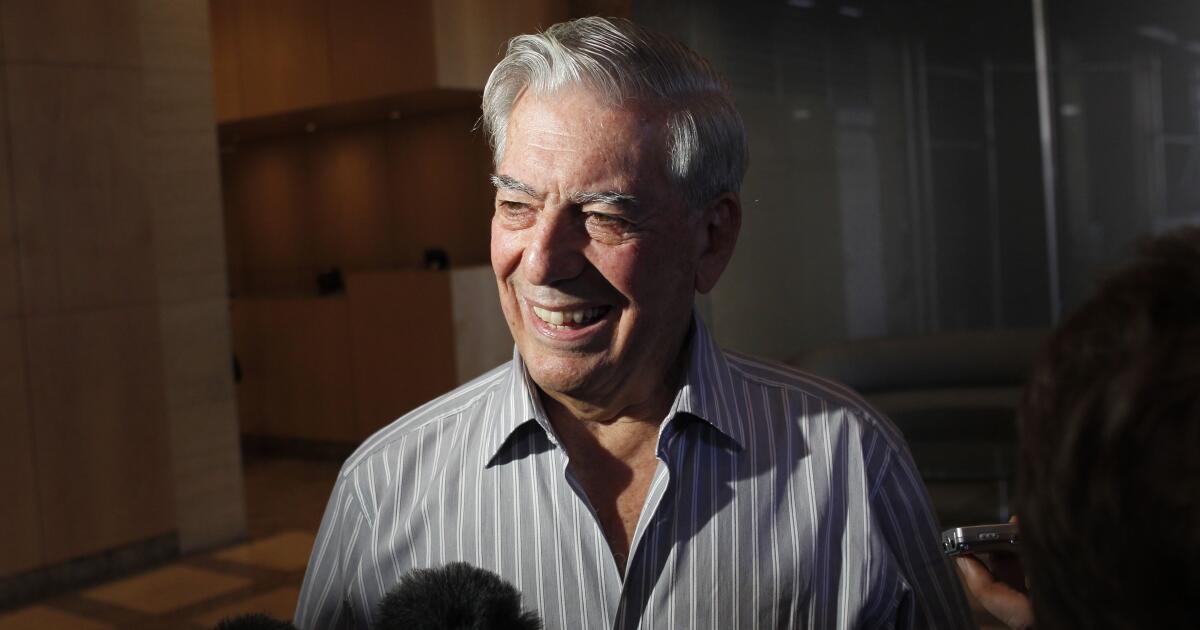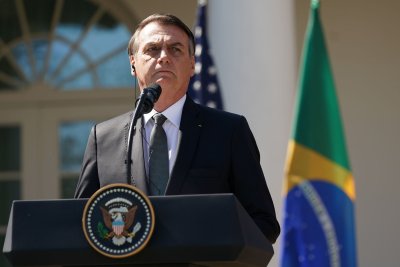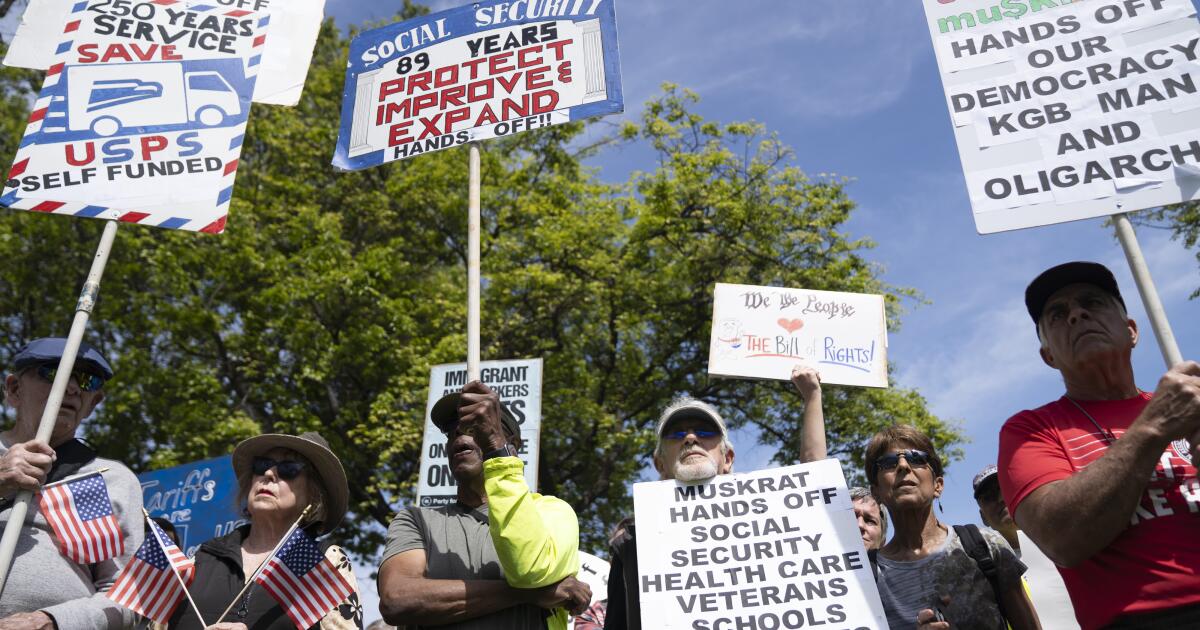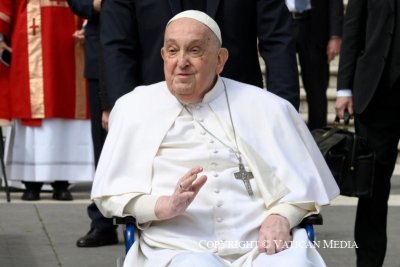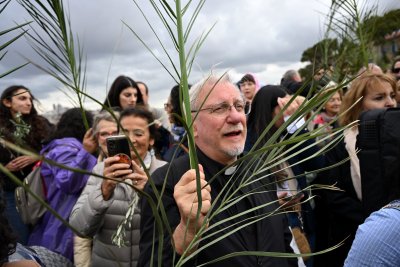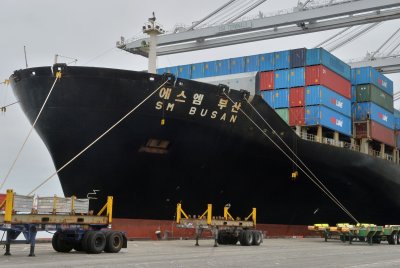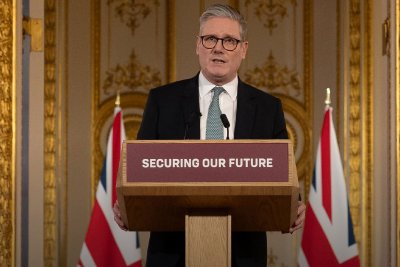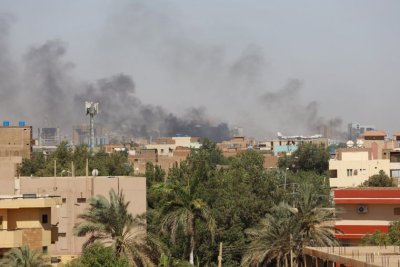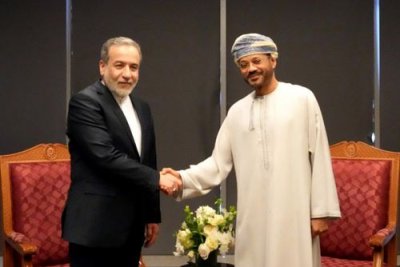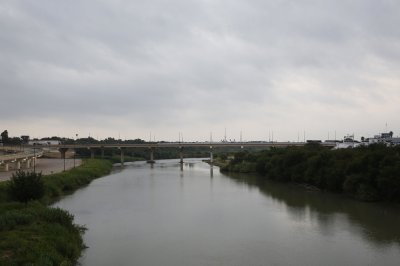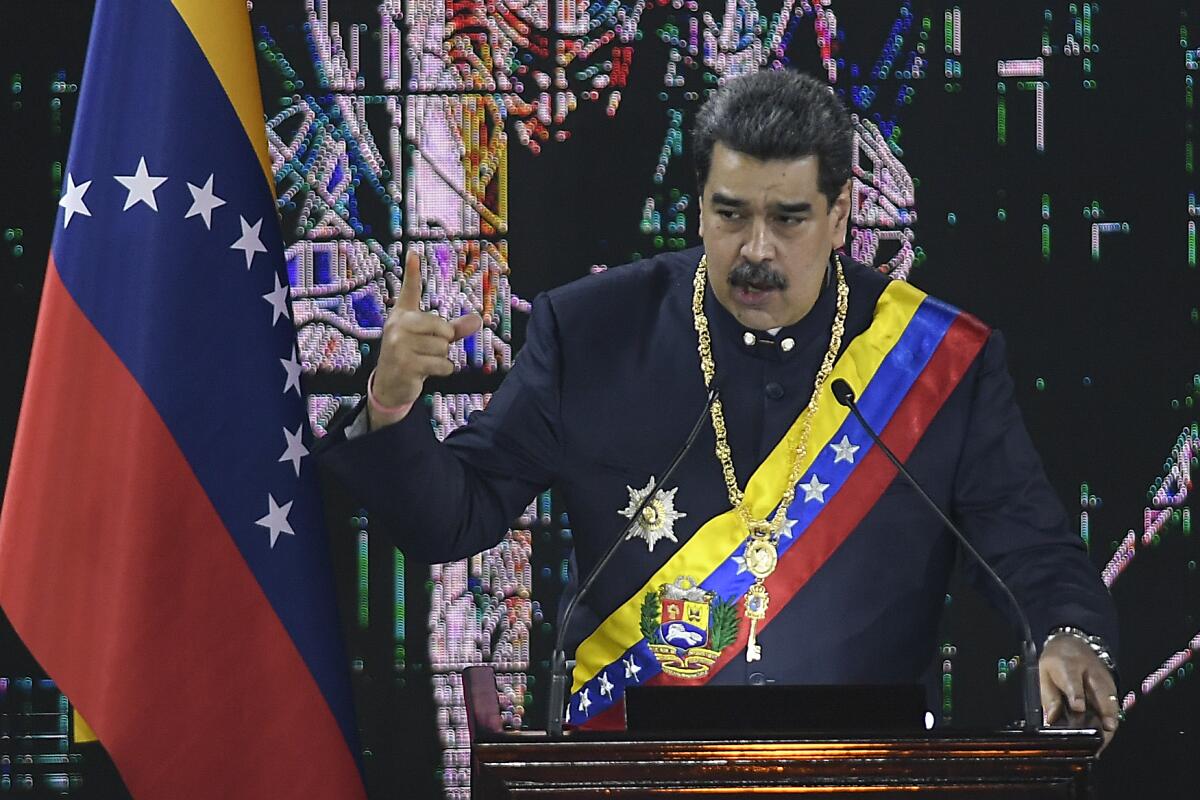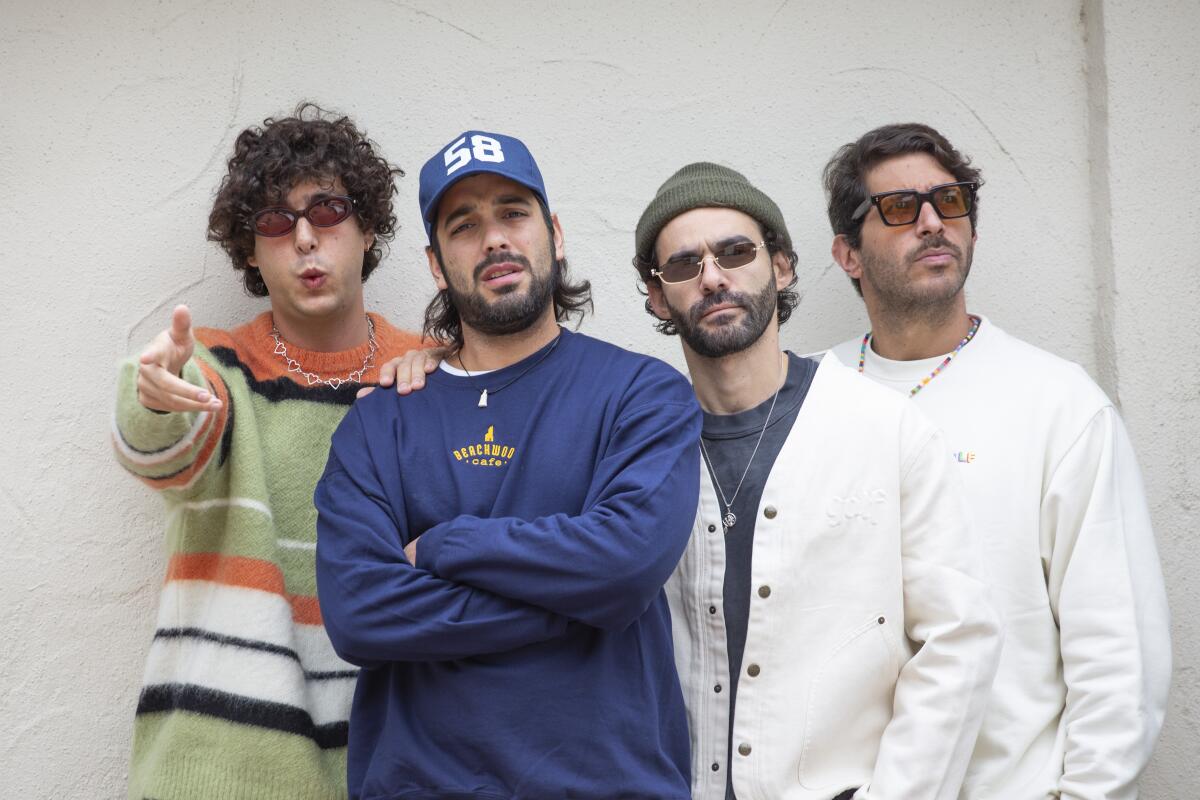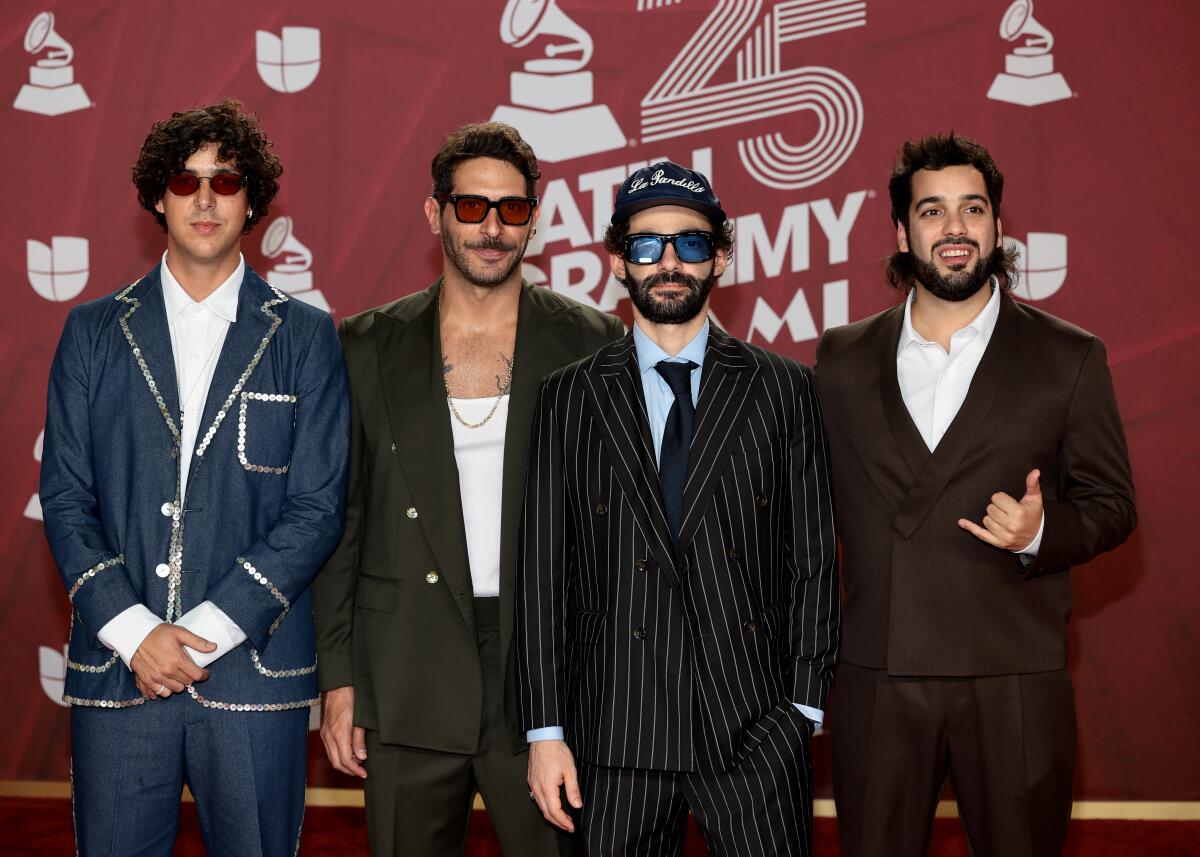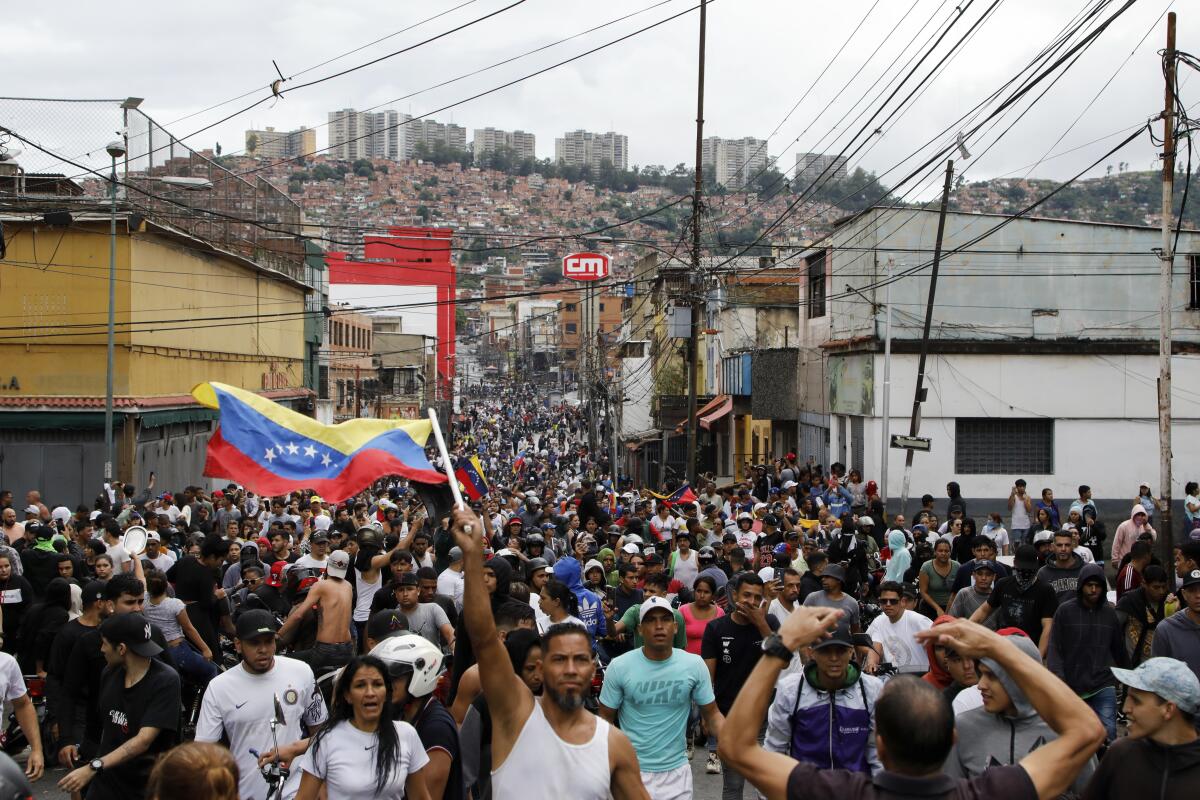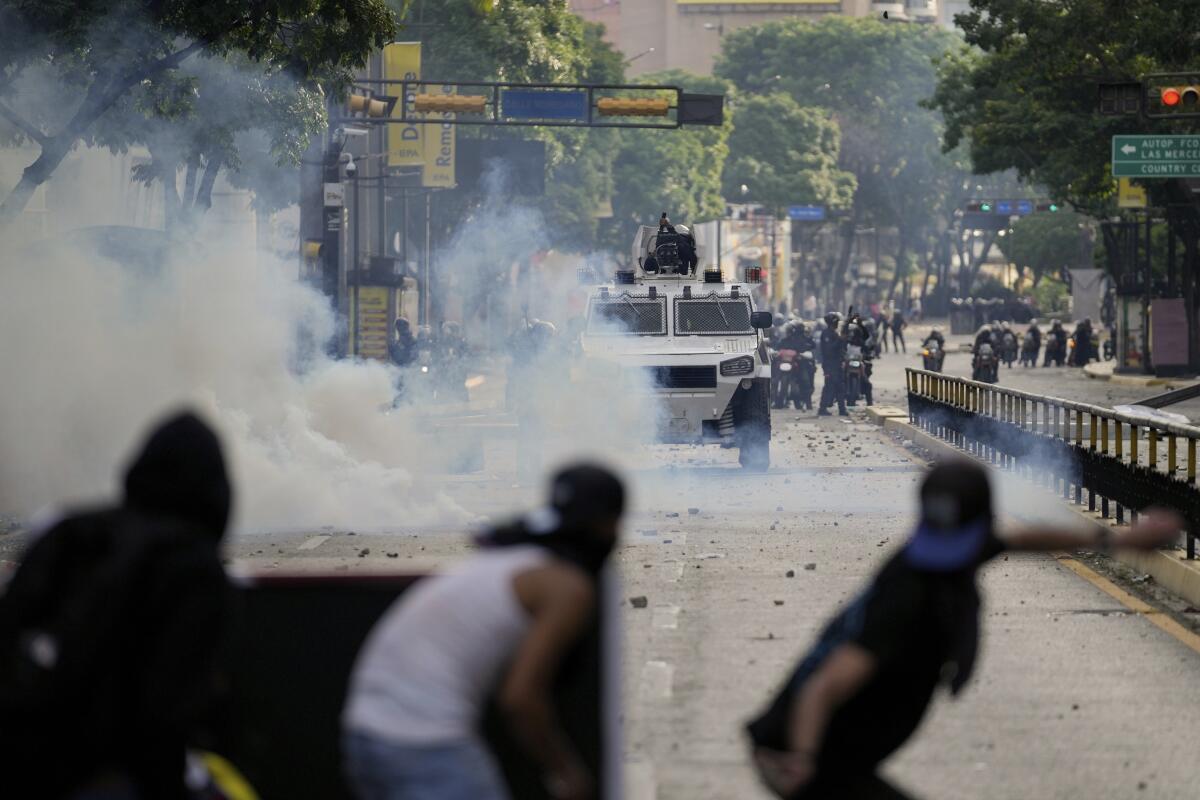Dodgers’ Jackie Robinson celebration is hollow after Trump visit
Five years ago, America was listening.
That was the year in which George Floyd and Breonna Taylor were killed by police officers.
That was also the year in which the Dodgers refused to take the field for a late August game to protest racial injustice in the wake of a police shooting of a 29-year-old Black man in Wisconsin.
The summer of racial reckoning, and the Dodgers’ modest role in it, feels like something from the distant past.
Cody Bellinger, Mookie Betts and Max Muncy kneeled before a game against the Giants in July 2020 to protest racial injustice.
(Robert Gauthier / Los Angeles Times)
Rather than continue to stimulate important conversations, the Dodgers are back to whistling past America’s graveyard, pretending there is nothing hypocritical about visiting President Trump one week and celebrating Jackie Robinson Day the next. Conservative Fox News commentator Laura Ingraham wanted athletes to “shut up and dribble,” and the Dodgers are doing the baseball equivalent of just that.
The opportunity for the Dodgers to regain their stature as agents of change has come and gone, their salute to Robinson on Tuesday reverting to its previous form as a cynical exercise in stealing the valor of a previous generation.
This shift in social climate was subtly pointed out by Dodgers outfielder Mookie Betts earlier this month when he explained his decision to visit the Trump White House after declining to do so with the Boston Red Sox in 2019.
“At the time,” Betts told reporters, “the world was a different place.”
The world was in even more of a different place in 2020. Most of the country was in lockdown because of the COVID-19 pandemic. Major league teams played 60-game regular seasons in which no fans were allowed in stadiums.
Baseball clubhouses are traditionally white and politically conservative spaces. The pandemic didn’t change that. What changed in the Dodgers locker room was a willingness to listen.
On Aug. 23 of that year, a Black man named Jacob Blake was shot by a police officer in Kenosha, Wis., leading to demonstrations around the country. Two days later, at a protest in Kenosha, white 17-year-old Kyle Rittenhouse shot three people.
The Dodgers were at Oracle Park on Aug. 26 when they received word of boycotted games in the NBA, as well as Major League Baseball. The only African American player on the team knew what he had to do.
“In my shoes,” Betts said at the time, “I couldn’t play.”
Manager Dave Roberts and third base coach George Lombard also ruled themselves out.
Betts told his teammates he would support them if they played the San Francisco Giants that day. They wouldn’t hear it. They joined his protest.
Starting pitcher Clayton Kershaw said: “As a white player on this team … how can we show support? What is something we can do to help our Black brothers on this team? Once Mookie said he wasn’t going to play … we felt the best thing to do to support him was not playing.”
Dodgers starting pitcher Clayton Kershaw stood by Mookie Betts, joining his boycott of a game in 2020.
(Associated Press)
Betts was moved by the gesture.
“I’ll always remember this day,” he said. “I’ll always remember this team just having my back.”
Five years later, as Betts said, the world is a different place. Civil rights violations don’t inspire the same amount of outrage as they once did, particularly in baseball clubhouses. Trump’s casual racism has become normalized to such a degree that even former outspoken critic Snoop Dogg was convinced to perform at a pre-inauguration event.
Still the Dodgers’ lone African American player, Betts said earlier this month about his decision to join his team at the White House: “It comes with the territory, being Black in America in a situation like this. It’s a tough spot to be in.”
Tough, presumably, because he didn’t know how his teammates would react if he shared his thoughts. Tough, presumably, because he wondered if he would divide the team by taking a stand.
Reflecting on his refusal to visit Trump with the Red Sox, Betts said, “I regret that because I made it about me. This isn’t about me.”
In other words, this time around, he prioritized the well-being of his team over his personal convictions. The choice was understandable. Betts is a baseball player before he is an activist. His primary objective at this stage of his life is to win another World Series, and creating the perception of a divided team would be counterproductive to that.
Which was why Dodgers owner Mark Walter or president Stan Kasten should have stepped in and told the players they wouldn’t visit the White House, that something more important than baseball was in play. They didn’t, of course. Kasten saying the Dodgers accepted Trump’s invitation because the players wanted to is the kind of spineless buck-passing that has become standard procedure for this front office.
Walter and Kasten had the power to restart a necessary dialogue at a time when the Trump administration not only sent a brown-skinned man without a criminal record to a Salvadoran prison by mistake but also defied a Supreme Court order to facilitate his return. They didn’t. Their silence was a betrayal, both to the Dodgers and their history.


